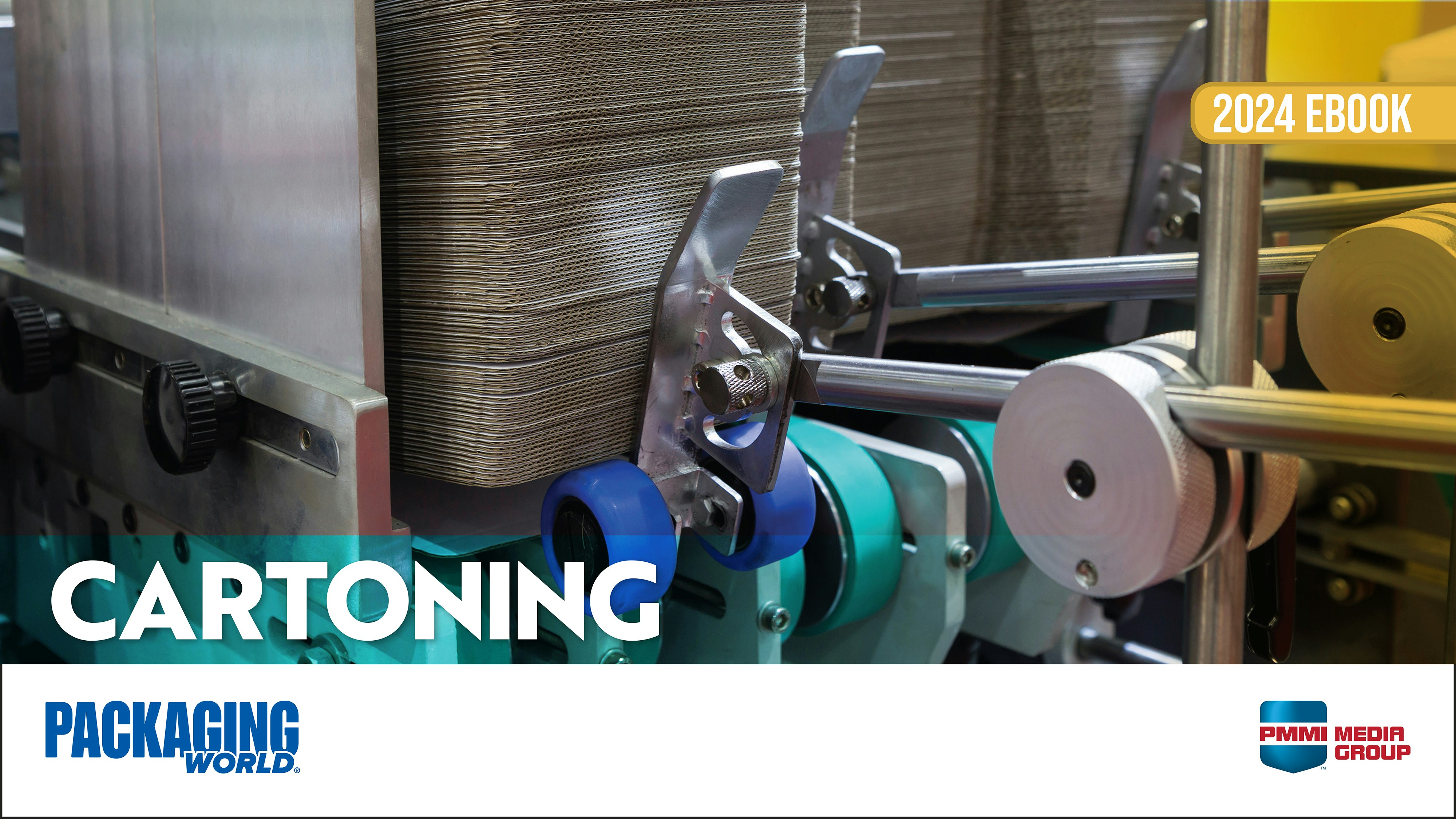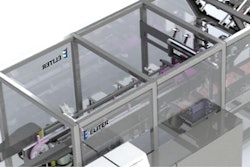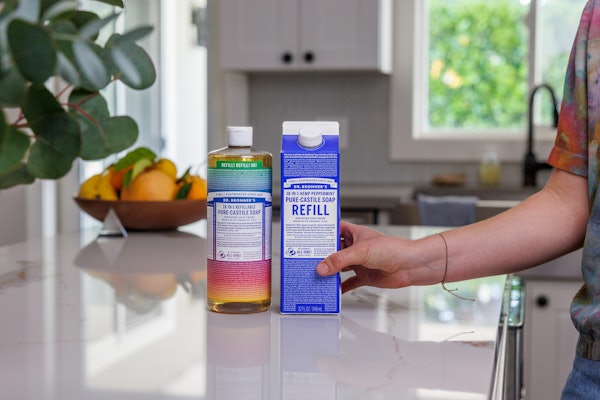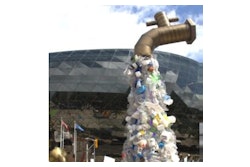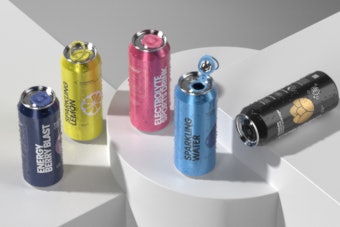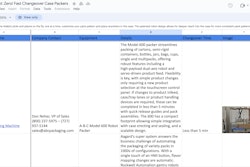What really separates nontraditional commodity hedging from exchange-traded futures is that these packaging contracts really don't deal with delivery of actual packaging materials. "It doesn't matter to me who the converter is or how much resin it uses," says Mark Dobbins of Koch Chemical, "because it doesn't affect our arrangement. The main issue is that our financial arrangement has absolutely no effect on a manufacturer's deal with his bottle suppliers. Kraft Foods can change converters, change their relationship with them, they can do a lot of things that my company would never know about. Nor should we know about it. "People always ask, 'Don't you need to see my invoices?' And I tell them, no, they have absolutely no effect on our arrangement," Dobbins says. Commodities consultant Tom Hammer and Mark Teister of Kraft Foods recall a real-life example that became persuasive to Kraft management. Just before Kraft was ready to get into hedging, it was paying $400/ton for linerboard through its corrugated box suppliers. At the time, Hammer says, the indications were that due to problems in capacity and a lack of recycled materials, prices were predicted by analysts, publications and by the suppliers to jump from $40 to $60 per ton. "That was a good 15 percent over what we were then paying," Hammer recalls. The situation was a real eye-opener for management, he says. Kraft could have entered into a swap transaction then at a price that would have protected against those large hikes. Even at $410 or $420/ton, says Kraft's Teister, "what you've created is the situation where you know what your price for linerboard is going to be over a given period. We can do a lot of planning once we know our costs. Maybe it's a little higher than what the market is right now, but it allows you to spend your promotion dollars, all of your budget, wisely over the course of a year." Going farther, Hammer explains that once the price jumped from $40 to $60/ton, that would have been absolutely the wrong time to hedge. So, price variability means that a company will only want to hedge at certain times. "Typically, you're not going to hedge for three years when a material is at the top of its demand curve," he says using an extreme example. While the example of PET resin in the adjacent story illustrates a Kraft/Koch swap arrangement at a fixed price, Koch and other intermediaries also offer other risk management programs that some manufacturers find attractive. Unlike swaps, other contracts involve upfront premiums. One is a cap option that sets a maximum price for a given amount of a given material for a certain period of time. If the market index price exceeds the cap price, Koch pays the difference. However, unlike the swap, if the index price falls below the cap, the manufacturer retains the benefits of the lower price. This guaranteed maximum price, however, involves risk only to the market maker. Thus the need for a premium or fee. c
Kraft Foods 'hedges' for cost consistency (sidebar)
No effect on converters
Jul 31, 1998
Companies in this article
Machinery Basics
New ebook focused on cartoning equipment
Read about the various types of cartoning equipment, how to select the right one, and common pitfalls to avoid. Plus, read equipment advice from CPGs for ultimate cartoning success.
Read More